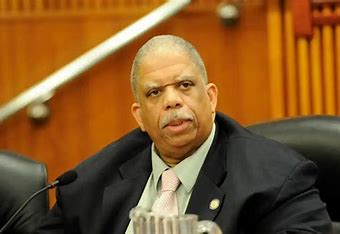The city’s housing sector is showing signs of deeper trouble as 32BJ SEIU building workers have authorized a strike for April 30 if the Bronx Realty Advisory Board moves to reopen their year-old labor contract. This labor action could potentially affect 1,400 supers and other maintenance staff across 430 buildings. The landlord group is feeling the pressure to find cost-cutting measures, especially as more of its members face financial difficulties due to various factors, including a state law that is pushing more rent-regulated apartments off the market.
The Bronx, with its highest unemployment rate and lowest average income compared to other boroughs, is experiencing a crisis that may soon spread to other areas. The 2019 rent law, in particular, has made it financially unfeasible for landlords to bring newly vacant apartments up to code, leading to a situation where units remain vacant despite reducing total rental income for the building.
Efforts to address this issue are underway, such as Senate bill S6552C, which aims to provide relief by allowing landlords to cover the costs of updating vacant apartments. However, passing such legislation faces challenges, raising concerns among landlords who are considering reopening labor contracts as a means of cutting costs if legislative action is not taken.
Apart from the rent law, smaller landlords are facing a myriad of challenges, including high-interest rates, bank instability, unfair property taxes, and rising utility bills. The impact of the long COVID eviction moratorium has also taken its toll, with many landlords struggling to make ends meet.
The situation is dire for these landlords, many of whom have invested their life savings into their buildings. If relief measures are not implemented, they may be forced to sell their properties or let them fall into the hands of corporations or unscrupulous slumlords, which would further exacerbate the housing crisis and negatively impact tenants.
The urgency to address these issues cannot be overstated. The consequences of inaction are severe, with the city’s housing market at risk of becoming less livable for working people across all boroughs. It is imperative for lawmakers, including Assembly Speaker Carl Heastie, to prioritize the interests of their constituents and push for sensible reforms to prevent a repeat of past housing crises.
